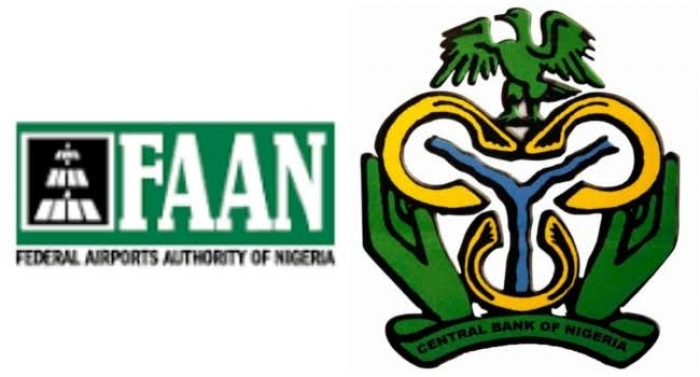The relocation of the Federal Airports Authority of Nigeria (FAAN) and some departments of the Central Bank of Nigeria (CBN) to Lagos has been a topic of discussion. According to the Federal Government, this move is not politically motivated but rather a pragmatic step to enhance operational efficiency and reduce operating costs.
The Minister of Information and National Orientation, Mohammed Idris, emphasised that allegations of marginalisation are unfounded. Instead, the relocation aims to improve efficiency and cost-effectiveness, according to the minister. Former CBN Governor Sanusi Lamido Sanusi has expressed support for this relocation, emphasising its importance in improving operational efficiency and safety standards.
President Bola Tinubu should demonstrate unwavering resolve, ensuring comprehensive administrative restructuring. His administration must transcend mere administrative adjustments and embark on a holistic transformation of the unitary system that currently impedes Nigeria’s progress.
Highlighting that its workforce of 4,233 surpassed the capacity of its central office, the CBN initiated decentralisation by relocating 1,153 staff members to other offices across states and Lagos. This move aims to “align the bank’s organisational structure with its core functions and objectives, while also ensuring a balanced distribution of skills across different geographical locations”.
The reaction of some political leadership in the northern part of the country to the division and transfer of FAAN and some departments of the CBN to Lagos underscores the concern that genuine federalism remains elusive for the nation.
Senator Ali Ndume from Borno South and a chieftain of the Arewa Consultative Forum (ACF) and Northern Elders Forum (NEF) expressed serious criticism about this move, suggesting it might marginalise the north. However, the government maintains that this decision is based on administrative considerations rather than political bias. The NSF has even threatened legal action against the Federal Government if negotiations fail to reverse these directives.
These viewpoints are robust, yet they primarily stem from sentimental perspectives. Contrary to apprehensions, Abuja continues to serve as the nation’s capital and the hub of political authority, while Lagos remains the pulsating heart of Nigeria’s economy.
In practical terms, the relocation is expected to yield significant benefits. For instance, it is projected to save over N500 million on travel expenses alone. The Minister of Aviation and Aerospace Development, Festus Keyamo, highlighted the financial advantages of this strategic shift.
To preserve public resources and prevent the deterioration of its building in Lagos, FAAN swiftly took similar action. This pragmatic move represents a sound economic decision, particularly during a period of national economic challenges. Given that a significant portion of the aviation industry operates from Lagos, there are no legal restrictions against FAAN conducting its operations from that base.
The Nigerian upper-class citizens must recognize that the country can only emerge from its current challenges when genuine federal principles replace the entrenched and dysfunctional political system.
Reports stated that some Ministries, Departments and Agencies are sharing office spaces in the FCT; some others reportedly default on their rent. These MDAs could be easily relocated to other parts of the country to avoid these issues. More MDAs should be decentralised instead of having them struggle with accommodation and inadequate office spaces in Abuja.
Also, the Nigerian National Petroleum Company Limited (NNPCL) could be relocated to the Niger Delta, where the oil business is, just as the Nigerian Ports Authority (NPA) is based in Lagos where the major seaports are situated.
It is not out of place for MDAs in Nigeria to be based outside of the capital. As a matter of urgency, President Tinubu should continue to strengthen Nigeria’s political system by further developing federalism.
As Nigerians, we bear a collective responsibility to construct the Nigeria we envision, rising above religious sentiments, ethnic differences, and regional boundaries.





















